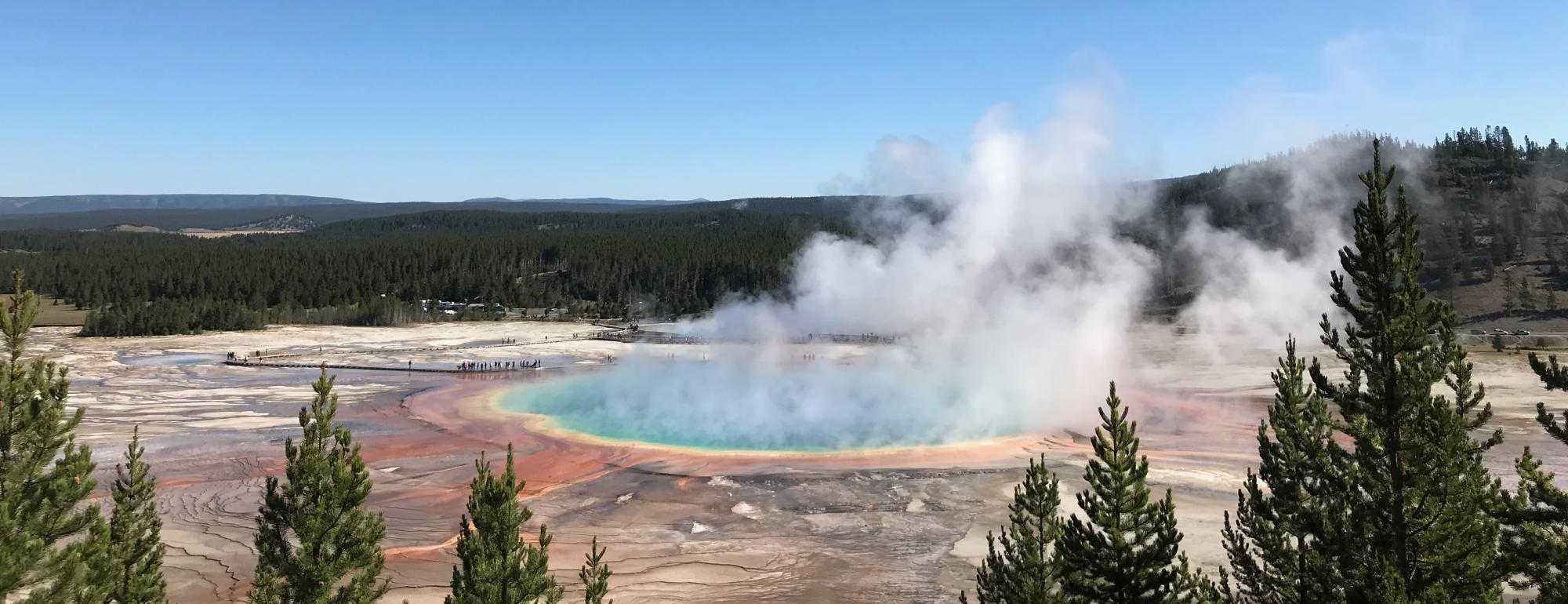Geology is the study of the Earth, and in particular its history, structure, and the processes that have molded our planet and its biosphere.
Geology involves the origin of continents and ocean basins, earthquakes and volcanoes, variations in global climate, and how these physical changes impact the evolution of life. All of these planetary processes are viewed through the prism of “deep time,” a perspective unique to geologists and one that distinguishes geology from most of the other physical sciences.
A significant component of geology is oriented toward the interaction between humans and the Earth. This aspect includes the study of resources such as minerals, oil, and water; identification and mitigation of Earth hazards such as earthquakes, landslides, floods, and volcanic eruptions; identification and mitigation of polluted ground water; land use planning; and the study of ancient and modern climate change.


